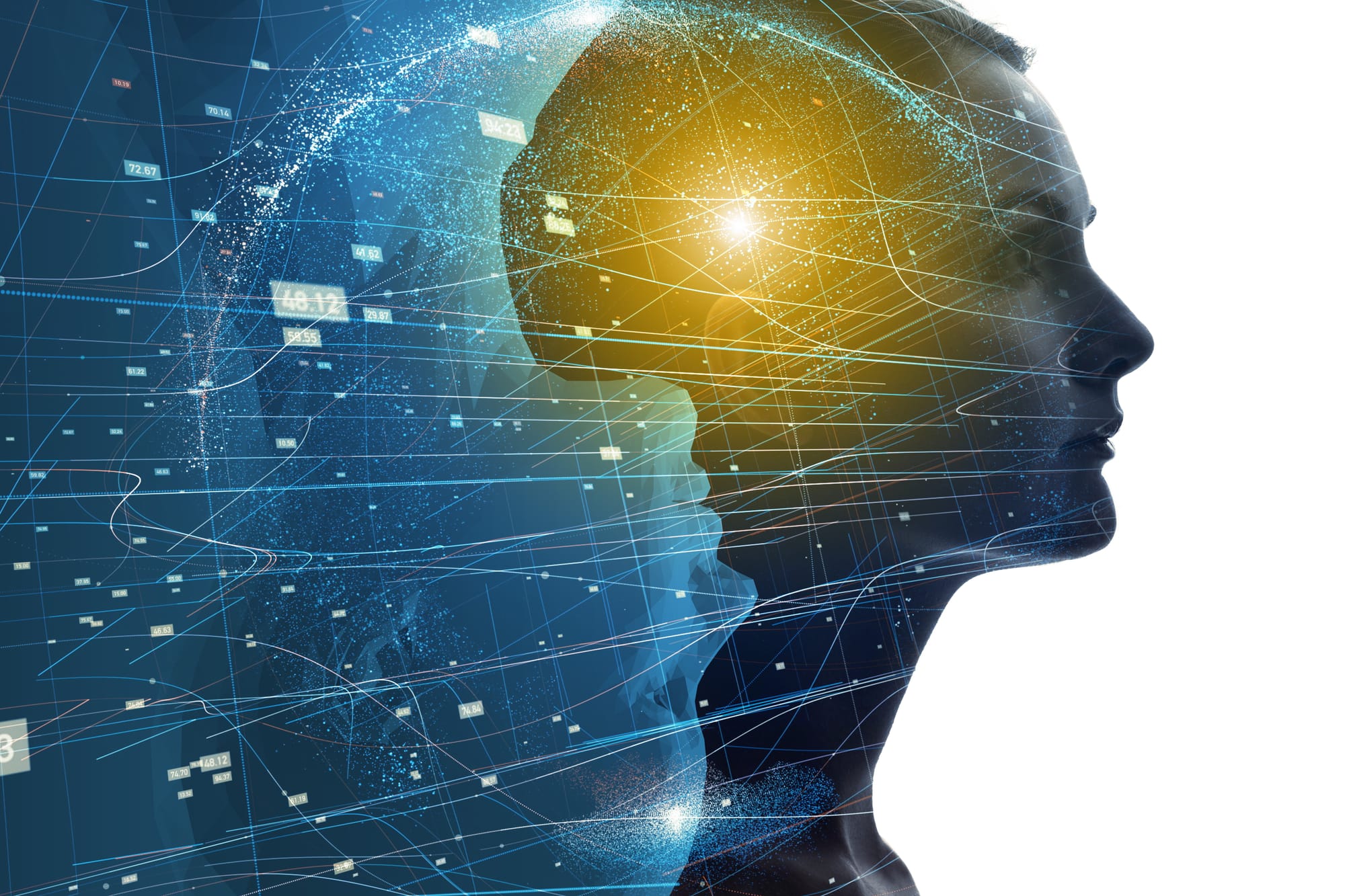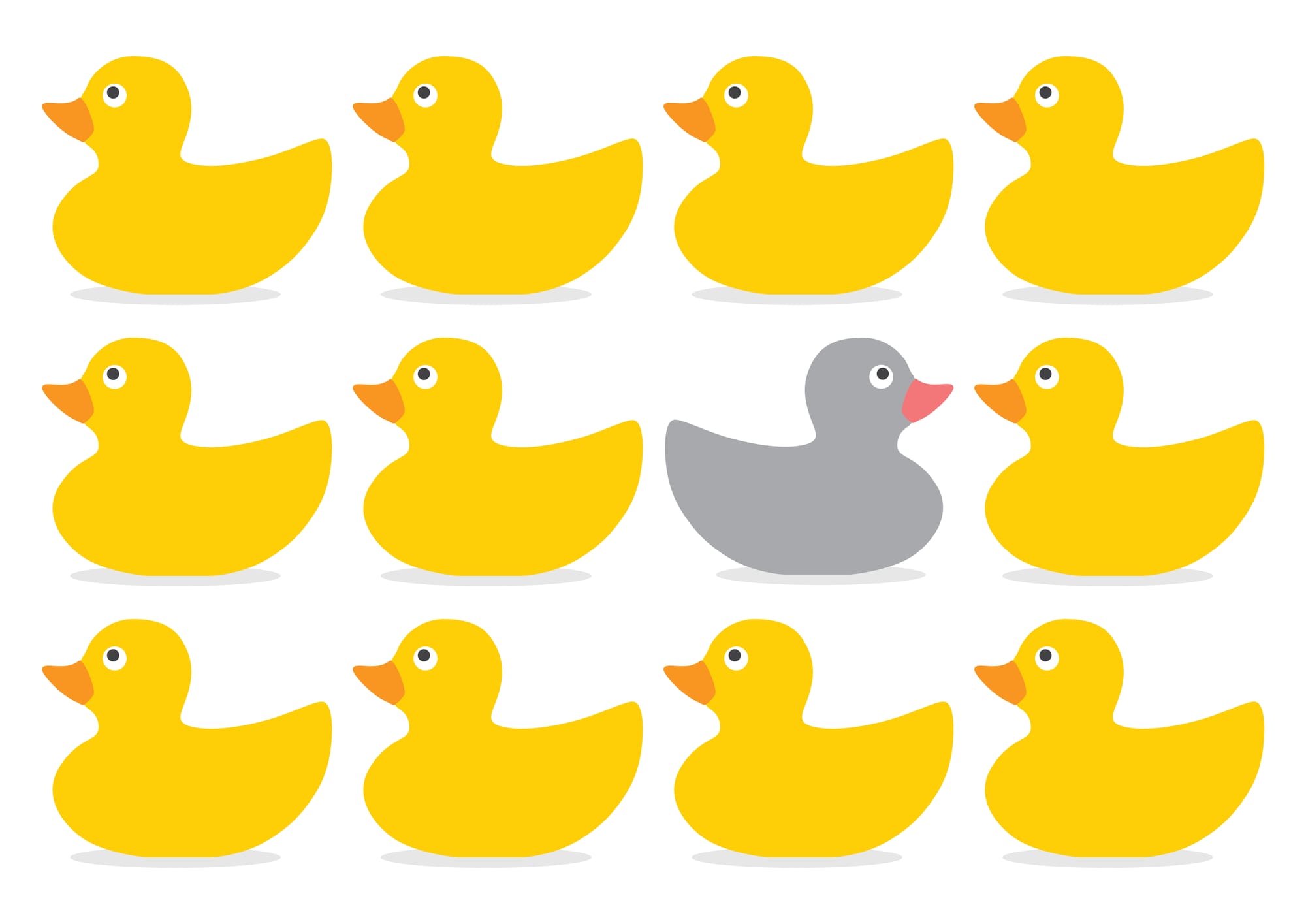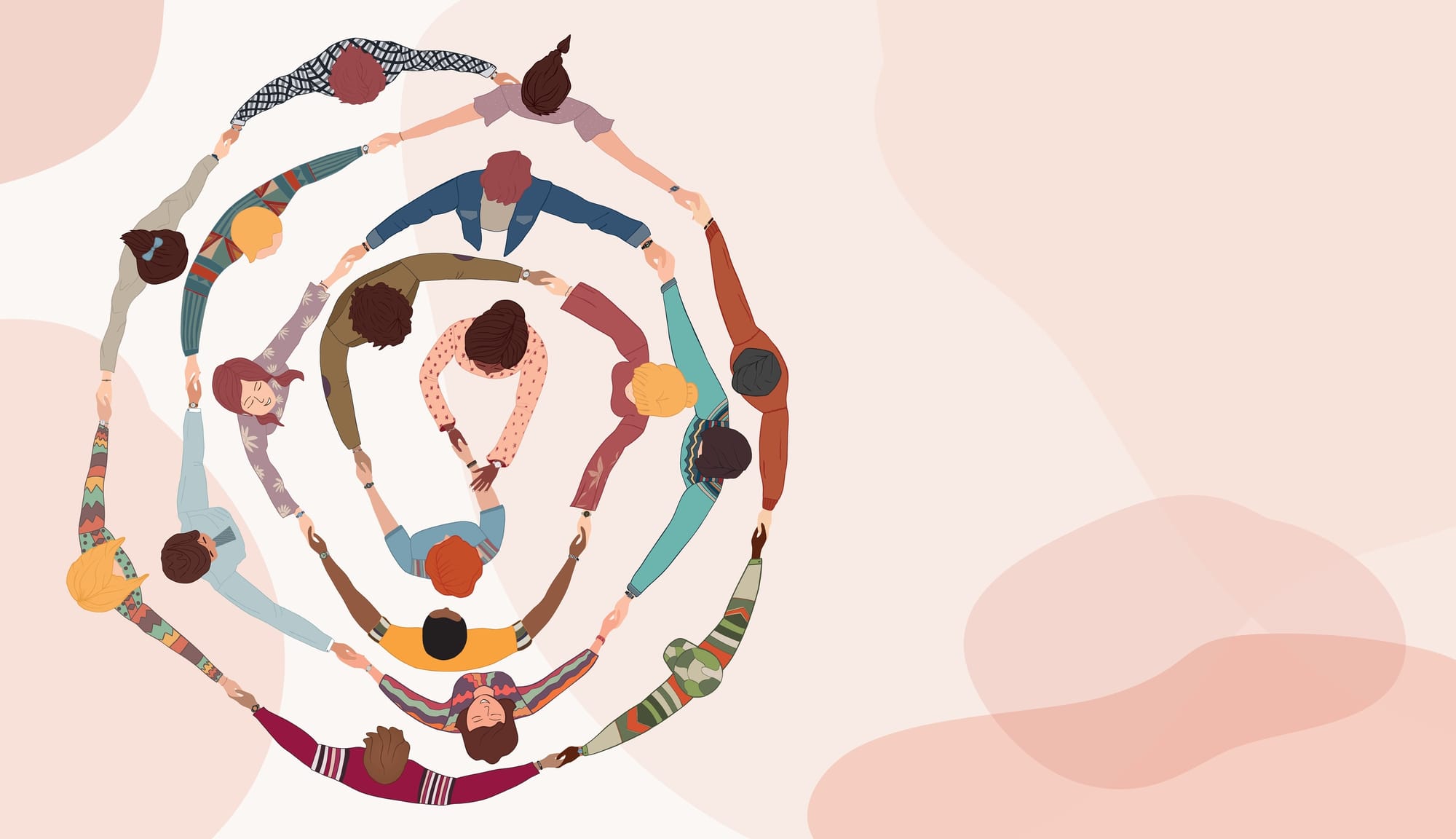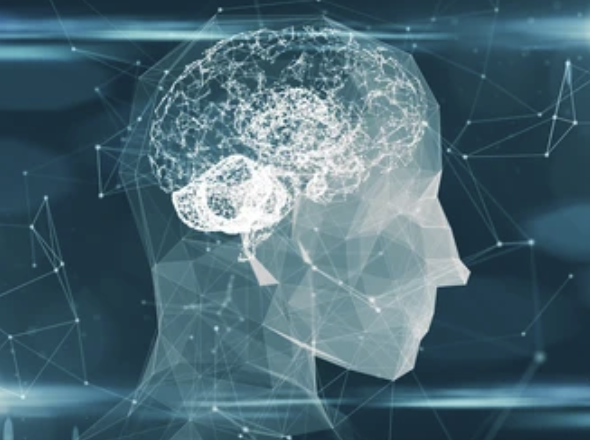
AI Uncovered
Artificial intelligence (AI) is used across industries and is integrated into many of our daily activities.While there is no single, universally accepted definition, AI is generally defined as a subdiscipline of computer science that aims to produce programs that simulate human intelligence.
AI includes: Machine learning.Natural language processing.Robotics.Neural networks.Deep learning.Computer vision.Large language models.Generative AI.Human-robot interaction.Autonomous robots
Administrative Use
- Automating scheduling and appointment reminders
- Streamlining routine communication—such as providing educational information or answers to frequently asked questions
- Generating clinical notes
- Summarising health records
- Facilitating billing—such as checking benefits, completing prior authorisations, and submitting claims
Clinical Use
Early Detection AI has the potential to aid in the early detection of individuals who may be at risk for developing mental health concerns. By analysing vast amounts of data, AI could help identify those who might benefit from early intervention.
Clinical Support Digital therapeutics, which are evidence-based, clinically validated software programs, show considerable promise to augment care. For example, a clinician treating a patient for anxiety could recommend a digital therapeutic for use at home that facilitates the practice of CBT-based skills or targets co-occurring symptoms
AI-enabled wearable devices can monitor symptoms and provide feedback to both the patient and clinician about a patient’s functioning.
Training Use
AI has the potential to enhance many methods used to train clinicians. Learning therapy through case studies and mock patients. AI can increase exposure to a greater diversity of cases.
AI can also monitor treatment, providing clinicians with real-time insights about risk or emerging themes. It can track adherence to treatment protocols and suggest improvements or tailored interventions.
- Mitigating algorithmic bias
- Obtaining informed consent from patients
- Safeguarding sensitive data
Governments, industry experts, and patient advocacy groups are working to develop legal and regulatory frameworks to provide appropriate guardrails for the development and use of AI.
- Reviewing the company and clinical leadership
- Assessing tool functionality
- Evaluating research on safety and effectiveness
- Ensuring compliance with data privacy regulations
- Examining data security, privacy practices, and terms of service
- AI is already embedded in many aspects of mental health care—from administration to direct clinical applications.
- Automation can ease clinician workload—AI streamlines scheduling, communication, and documentation.
- Early detection is a key benefit—AI can analyse data patterns to flag potential mental health concerns sooner.
- Digital therapeutics offer remote support—clinically validated apps can extend care beyond therapy sessions.
- Wearable AI devices provide real-time monitoring—these tools can track symptoms and suggest interventions.
- Training clinicians with AI enhances learning—AI-driven simulations expose trainees to a wider range of cases.
- Ethical concerns must be addressed—bias, consent, and data privacy remain critical challenges.
- AI regulation is evolving—frameworks are emerging to ensure responsible AI use in mental health.
- Choosing AI tools requires scrutiny—clinicians must assess functionality, research, and security.
- AI’s role will only grow—expect continuous innovation in mental health AI applications.


